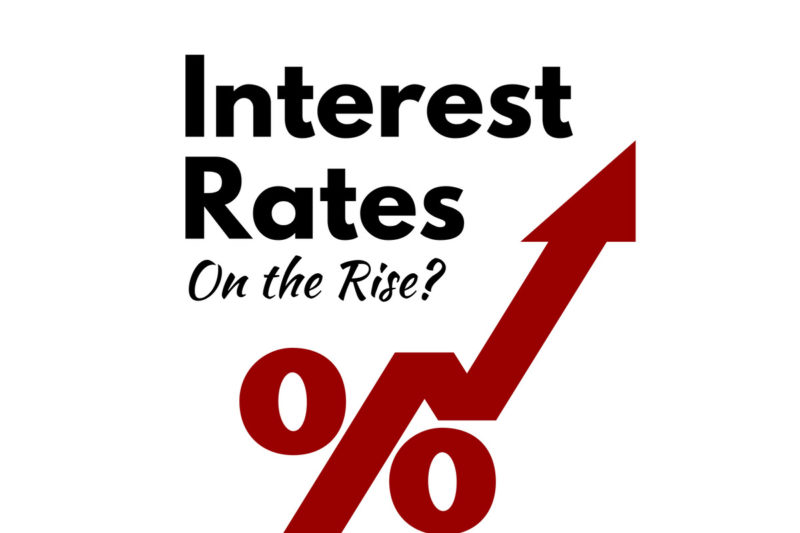A lack of homes coming to the market is continuing to drive up house prices despite a slowdown in demand from buyers, according to estate agents.
Enquiries from potential buyers fell 25 per cent in July compared to the same time last year according to the Rics UK Residential Survey, which takes in the views of agents and chartered surveyors.
However, buyer interest ticked up slightly from June which saw a 27 per cent fall in enquiries year-on-year.
It is the third successive report in which demand has fallen, and the expectation is that it will continue to decline.
The reduction in interest has translated to a fall in sales volumes over the month, but Rics said it was yet to drive down prices.
Agreed sales were down 13 per cent compared to the same time last year.
The slowdown in demand follows rising mortgage rates and general economic uncertainty.
Last week the Bank of England announced a 0.5 per cent increase in its base rate to 1.75 per cent – the biggest rise in 27 years – pushing up rates on new fixed mortgages even further.
Since January 2022, interest on a typical two-year fixed mortgage has jumped from 1.3 per cent to 3.46 per cent, according to analysis from L&C Mortgages, increasing average monthly payments by around £159.
The rise prompted a surge in demand for mortgage brokers, as would-be buyers tried to lock-in lower mortgage rates before lenders priced in the increase.
But despite the rising costs 63 per cent of Rics' survey respondents reported an increase in house prices during July, broadly unchanged from 65 per cent in June.
The only slight indication of a slowdown in price growth is the fall from the April high of 78 per cent reporting an increase.
Tarrant Parsons, senior economist at Rics said: 'Amid a backdrop of sharply rising living costs, slowing economic growth and higher interest rates, it is little surprise that housing market activity is now losing some momentum.
'With monetary policy set to be tightened further over the coming months, sales expectations point to a further softening in transaction volumes going forward. Nevertheless, with respect to house prices, limited supply available is still seen as a crucial factor underpinning the market.
'Although house price growth is likely to continue to ease, respondents still anticipate prices will be modestly higher than current levels in a year's time.'
Rising mortgage interest rates will NOT cut property transactions
Industry data expert Anthony Codling says agents should not fear Bank of England's decision to increase its base rate to 1.75%.
Agents worried that the Bank of England’s decision to hike the UK base rate to 1.75% will subdue the already weakening sales market should not worry, a leading interest rates analyst has said.
Anthony Codling (main pic), who runs property search platform Twindig but used to be a lead analyst at city firm Jefferies, says his evaluation of historical data shows there is no connection between higher interest rates and transaction levels.
Speaking during a podcast with Guild CEO Iain McKenzie (pictured), Codling said: “If people need to move, they move. They might buy a slightly smaller home, or one in a less expensive area, but the chances are they will still move.
“I think there will be 1.1 million transactions this year and a similar figure next year despite the economic head winds.”
Codling argued that the base rate rise will eventually lead to first time buyers and those remortgaging their homes paying higher monthly premiums, but reminded listeners that that 80% of those who already hold home loans are on fixed rates
“Essentially the thinking is that [higher interest rates] will take some heat out of the market as it will impact homebuyers’ affordability levels,” he said.
“A higher rate means a higher mortgage repayment, which a bank will take into consideration when accessing a buyer’s level of affordability. “They are hoping this will slow down the growth in house prices because people will have less money they can borrow.

